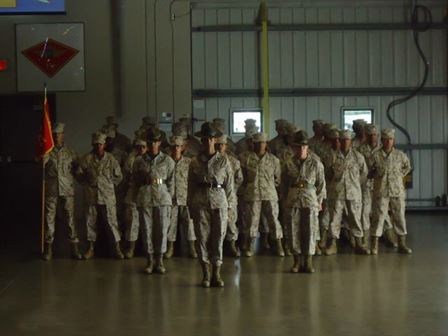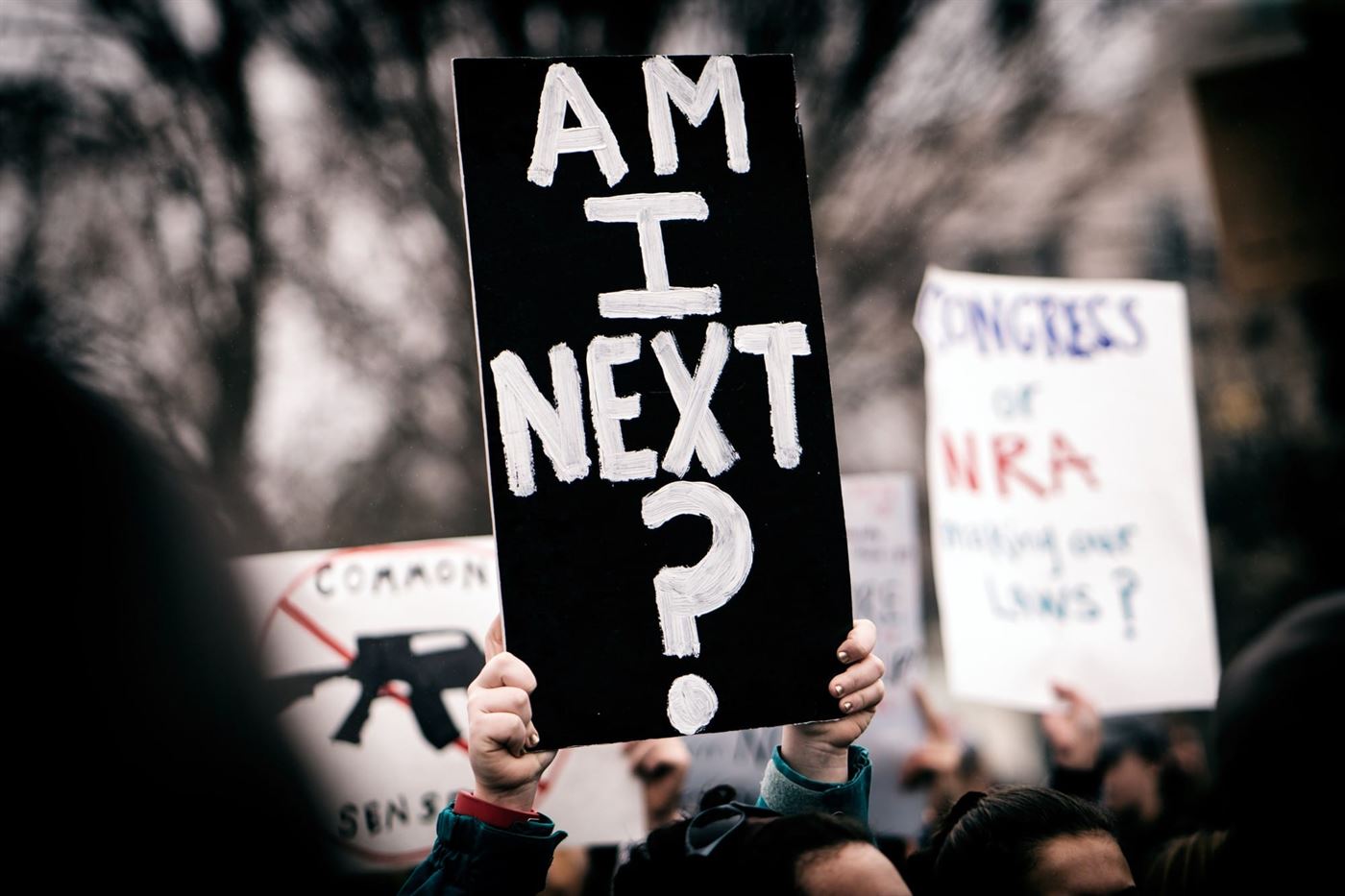The world was in mourning last week of yet another mass shooting that killed 12 people at Borderline Bar and Grill in Thousand Oaks, California.
The gunman was identified as Ian David Long, a Marine with previous troubles with the law and a history of violent, temperamental behavior. As the news continues to spread, I felt devastated that another senseless act caused by gun violence took place within our country.
What shook me even more was learning that the shooter served within the same branch as I did. I did not know Long on a personal level and we may have not been blood-related. However, Marines have this strong brother and sisterhood that may not be easily understood.
I cannot say that he followed our core values of honor, courage and commitment, but as a Marine myself, he was my brother in armed forces. I wished other Marines/law enforcement had noticed red flags to stop him before it was too late.
Despite his horrible actions to the community, I felt a small sense of sympathy with his mental health-related issues and wish he could have reached out for the help that he needed.
Some of the shooting survivors also served in the military. Marine Brendan Kelly had survived both the Las Vegas shooting last October and the one in California.

According to an ABC News article, Kelly helped other victims escape the bar and created a tourniquet (used to stop blood loss by compressing the area) to a friend’s arm. It is without a doubt that the skills he acquired from the Marine Corps, like quick decision-making and selflessness, allowed him to react in bravery rather than fear.
Gen. Robert E. Neller, 37th Commandant of the Marine Corps, tweeted about Long’s actions, which contradicted the Marine Corps values and ethics:
Heartfelt condolences to those suffering from the tragic & senseless act of violence #ThousandOaks. That ex-Marine's despicable actions run counter to what the vast majority of veterans are rightfully known for: serving w/ honor then making positive contributions to society
— Commandant of the @USMC (@CMC_MarineCorps) November 8, 2018
According to an article from The Washington Post, Long was a machine-gunner in the Marine Corps from 2008 to 2013 and deployed to Afghanistan. In The Independent article, one of his track coaches described Long as a “ticking time bomb” and eerily told her that he wanted to serve in the Marine Corps to “kill for his country.”
Some media sources, like the New York Post, have speculated that Long may have had post-traumatic stress disorder (PTSD). However, The Washington Post’s story goes into detail about how President Donald Trump is communicating with the public on PTSD and veterans returning home.
Trump has recently suggested that all veterans are damaged by their service and is spreading more fear instead of helping them. He is sparking negative reactions among the men and women who served because he is implying that they will cause harm.
From experience, there are two reactions that I have observed from people: that they are either in full support of military service members or they are intimidated by them. I feel that this shooting provoked more fear among civilians than ever before.
This tragedy demolishes and discredits the reputation of the veterans who actually have PTSD and are living a healthy life. The misconception that all veterans are “broken and damaged” after being exposed to combative situations needs to stop.
In fact, Kayla M. Williams, a former Army sergeant and senior fellow at the Center for a New American Security, was quoted in a recent The Washington Post article saying that veterans usually come home with high hopes of engaging with the communities that they are a part of.
Williams adds that though veterans may be assumed to have PTSD, it is wrong to make people believe that they should be afraid of veterans due to their combat experiences.
Ultimately, mental health issues, including PTSD, should never be an excuse to commit a crime as saddening as this. The recent mass shooting is not just an issue about gun violence. It is also an issue revolving around mental health and awareness.



